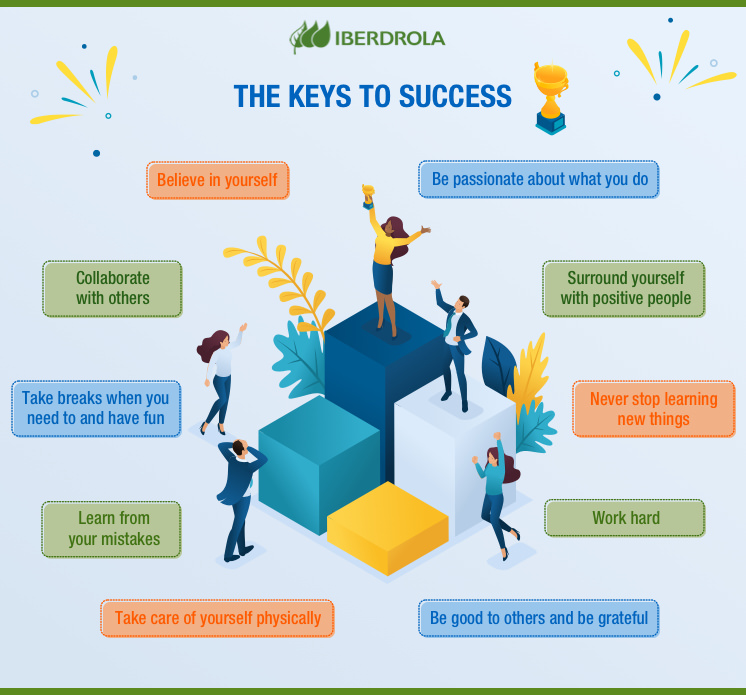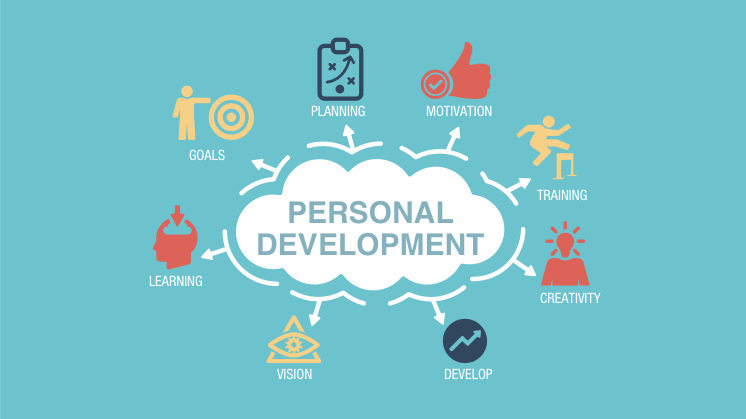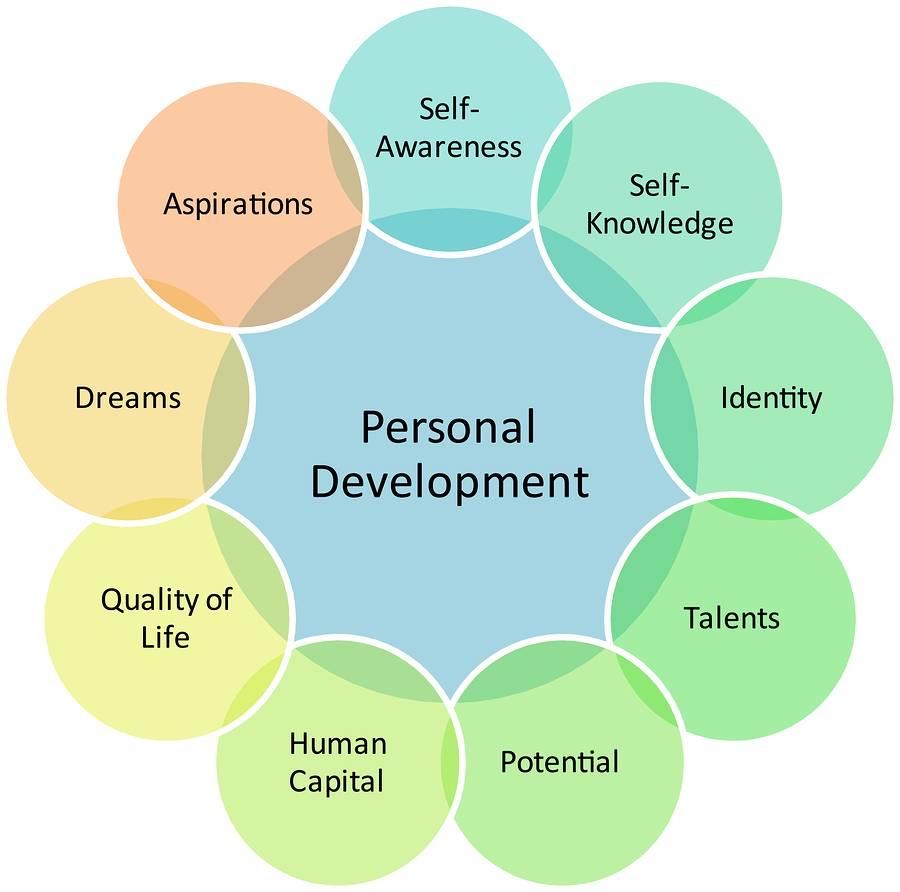Personal Growth Strategies: Unlock Your Full Potential

Personal growth is an ongoing journey toward becoming the best version of yourself. It encompasses self-improvement, skill development, and achieving a deeper understanding of your values and aspirations. In this article, we’ll explore the most effective personal growth strategies to help you overcome challenges, achieve goals, and live a fulfilling life.
Why Personal Growth Matters
Investing in personal growth can transform every aspect of your life. Whether you’re aiming to advance your career, strengthen relationships, or find greater purpose, the benefits are immense:
- Enhanced Self-Awareness: Understand your strengths, weaknesses, and passions.
- Improved Resilience: Develop the mindset to overcome obstacles.
- Career Success: Achieve professional growth by building valuable skills.
- Fulfillment: Live a meaningful life aligned with your values.
“Growth begins when we are ready to step outside our comfort zone.”
Key Strategies for Personal Growth
1. Set Clear Goals
Define your goals with clarity and purpose. Use the SMART framework to ensure they are:
- Specific: Be precise about what you want to achieve.
- Measurable: Quantify your progress.
- Achievable: Set realistic goals.
- Relevant: Align goals with your values.
- Time-Bound: Establish a clear timeline.
For example, instead of saying, “I want to improve my health,” specify, “I will exercise for 30 minutes, 5 days a week.”

2. Embrace Lifelong Learning
Personal growth thrives on continuous learning. Whether through formal education, self-study, or hands-on experience, commit to expanding your knowledge.
- Read Books: Dive into self-development classics like Atomic Habits by James Clear.
- Attend Workshops: Enroll in seminars relevant to your goals.
- Learn Online: Platforms like Coursera and Udemy offer diverse courses.
By staying curious and open to new ideas, you create opportunities for growth.
3. Develop Healthy Habits
Your daily habits shape your future. Focus on building routines that nurture your well-being:
- Morning Routine: Start your day with meditation or journaling.
- Exercise Regularly: Aim for at least 150 minutes of moderate activity weekly.
- Practice Gratitude: Reflect on positive aspects of your life daily.
Consistency is key—small, sustained changes can lead to significant improvements.
4. Strengthen Emotional Intelligence (EQ)
Emotional intelligence is the ability to understand and manage your emotions while empathizing with others. High EQ enhances relationships and decision-making.
Key components include:
- Self-Awareness: Recognize your emotional triggers.
- Self-Regulation: Control impulsive behaviors.
- Empathy: Understand others’ perspectives.
- Social Skills: Communicate effectively and resolve conflicts.
Investing in EQ can have profound personal and professional benefits.
5. Step Outside Your Comfort Zone
Growth often lies beyond the familiar. Challenge yourself by taking on new experiences, such as:
- Speaking in public.
- Traveling to unfamiliar places.
- Trying a new hobby or skill.
When you face fears and uncertainties, you build confidence and resilience.

6. Seek Feedback
Feedback is a powerful tool for self-improvement. Ask trusted friends, colleagues, or mentors to share their perspectives on your strengths and areas for improvement.
- Be Open-Minded: View feedback as an opportunity, not criticism.
- Take Action: Implement constructive suggestions into your growth plan.
- Regularly Reflect: Periodically evaluate your progress and make adjustments.
7. Cultivate Mindfulness
Mindfulness helps you stay present and focused, reducing stress and enhancing clarity. Incorporate these practices into your routine:
- Meditation: Dedicate 5-10 minutes daily to mindful breathing.
- Mindful Eating: Savor each bite, paying attention to flavors and textures.
- Digital Detox: Take breaks from screens to reconnect with yourself.
Mindfulness fosters a sense of calm and balance.
8. Build a Support Network
Surround yourself with positive influences. A strong support system can motivate and inspire you to stay committed to your growth.
- Join Communities: Participate in groups that share your interests.
- Find a Mentor: Learn from someone who has achieved what you aspire to.
- Engage in Networking: Build relationships with like-minded individuals.
![]()
9. Embrace Failure as a Learning Tool
Failure is a natural part of growth. Instead of fearing mistakes, use them as opportunities to learn and improve.
- Reflect: Analyze what went wrong and how to do better next time.
- Adapt: Apply lessons learned to future endeavors.
- Stay Positive: Focus on progress, not perfection.
Remember, resilience is built through overcoming setbacks.
10. Measure and Celebrate Progress
Track your achievements to stay motivated. Celebrate milestones, no matter how small.
- Use a journal to document daily wins.
- Reward yourself with meaningful incentives.
- Share successes with your support network.
Acknowledging progress reinforces your commitment to growth.
FAQs About Personal Growth
1. What is the first step in personal growth?
Start by setting clear, realistic goals. Understanding what you want to achieve provides direction and purpose.
2. How do I stay motivated in my growth journey?
Break goals into smaller tasks, celebrate milestones, and surround yourself with supportive people.
3. Can personal growth help in professional success?
Absolutely! Skills like emotional intelligence, adaptability, and goal-setting are invaluable in any career.
Conclusion
Personal growth is a transformative journey that requires patience, dedication, and a willingness to embrace change. By adopting these strategies, you can unlock your full potential and lead a fulfilling life.
Take the first step today—because every small improvement brings you closer to the person you aspire to be.
“Your journey of a thousand miles begins with a single step.”
